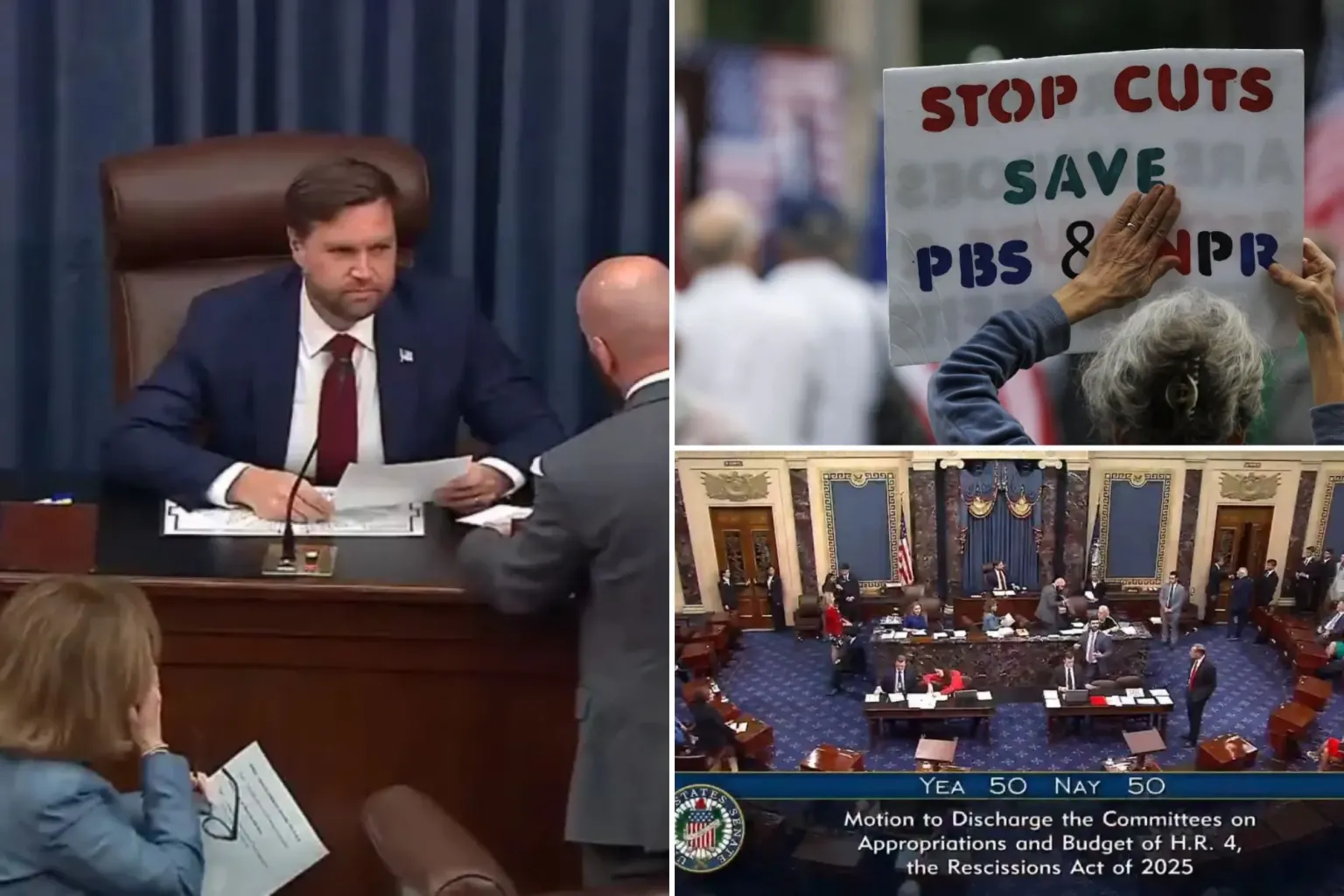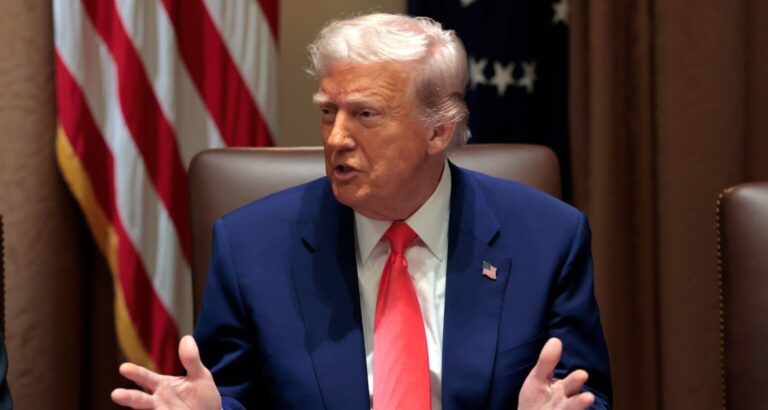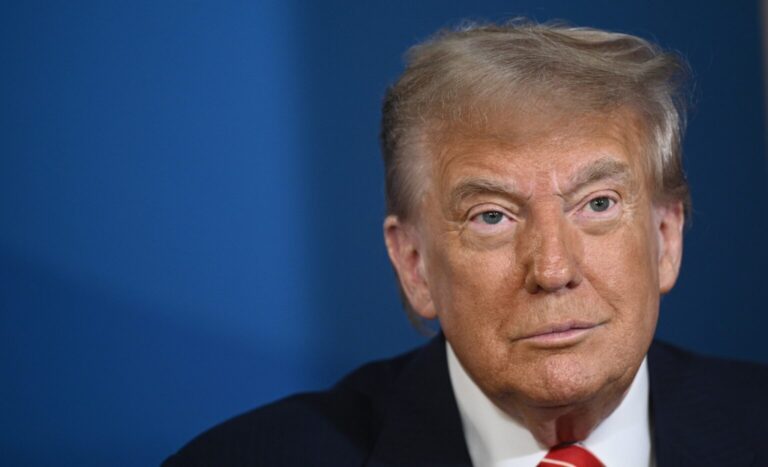HUGE WIN: DOGE Cuts Officially Pass Senate
A stunning win for fiscal conservatism and the America First movement unfolded Tuesday as the U.S. The Senate advanced Donald Trump’s $9 billion DOGE cuts, with Vice President J.D. Vance casting the tie-breaking vote in a 50-50 split.
The move marks Vance’s first decisive act in his constitutional role and underscores the firm grip Trump maintains on the Republican Party’s direction.
The Department of Government Efficiency, or DOGE cuts, is a centerpiece of Trump’s plan to eliminate wasteful government spending and redirect American tax dollars toward domestic priorities.
The rescissions package seeks to claw back billions from foreign aid and liberal strongholds like public broadcasting.
Public broadcasting and foreign aid are the primary targets. Reuters reports, “The measure would claw back more than $1 billion from the Corporation for Public Broadcasting, which supports NPR and PBS.” These entities, frequently accused of liberal bias, would lose government backing. Simultaneously, USAID stands to lose over $8 billion, reflecting a stark rejection of globalist spending priorities.
Three Republican senators, Susan Collins, Lisa Murkowski, and Mitch McConnell, joined Democrats in opposing the bill. Their defections, however, were nullified by MAGA-aligned Republicans, with Vance delivering the critical vote.
“This isn’t just about budgets. It’s about values,” a GOP strategist told the Washington Examiner. “The American people are tired of being last in line while elites and foreign nations cash in.”
The Senate is expected to hold a final vote on the package later this week. If successful, the measure will return to the House for final approval, having previously passed 214-212.
Business Insider described the vote as a “Trump loyalty test,” highlighting the divide between the GOP establishment and the new populist right (Business Insider). This moment makes clear the party is firmly pivoting back to America First principles.
Critics, predictably, warn of dire consequences. They argue the cuts will hinder global health efforts, damage foreign relations, and stifle public broadcasting. But those cries of alarm fail to acknowledge the financial pressures facing everyday Americans.
The Financial Times noted that the original proposal included $9.4 billion in cuts but was trimmed to $9 billion after PEPFAR AIDS funding was spared.
The final form still represents a massive rollback of discretionary spending long protected by entrenched interests.
For conservatives, the cuts signal progress on multiple fronts. Leftist media outlets will no longer operate on taxpayer subsidies.
Global NGOs will see their cash flow throttled. And the bureaucracy that sustains the progressive machine will be weakened.
Foreign aid reductions will realign spending priorities toward domestic concerns. Billions that once bankrolled questionable global initiatives can now be reserved for veterans, border security, and crumbling infrastructure.
The GOP utilized the rescissions process to avoid a 60-vote filibuster threshold, exposing just how desperate the opposition is to preserve their pet programs.
Their cries of unfairness are ironic, given their decades-long disregard for responsible budgeting.
Senators like Collins and Murkowski claimed the cuts could damage America’s global reputation. But J.D. Vance put it plainly: “We’re not here to impress the global elite. We’re here to serve our people.”
If passed and signed into law by Trump, the DOGE cuts will mark the most aggressive rollback of discretionary spending in decades.
It will serve as a definitive rejection of Biden’s economic mismanagement and a return to financial common sense.






